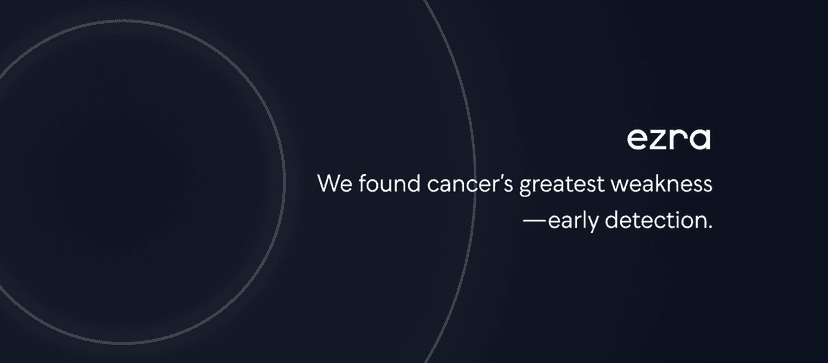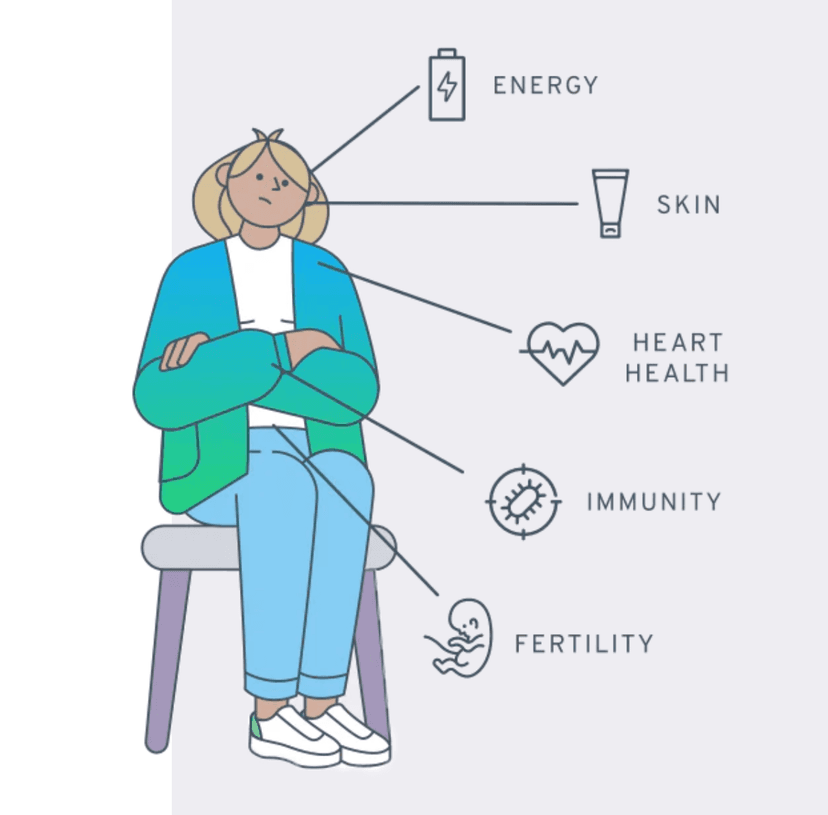Human Papillomavirus (HPV) is a widespread infection that can lead to serious health issues, including various types of cancer. Understanding how HPV spreads, its symptoms, and the benefits of vaccination is crucial for prevention and health. This article covers the essentials about HPV, from its transmission and health risks to the importance of getting vaccinated.
Key Takeaways
- HPV is the most common sexually transmitted infection in the United States.
- The virus can cause different cancers, including cervical, anal, and throat cancers.
- HPV often shows no symptoms, making it easy to spread unknowingly.
- Vaccination is the most effective way to prevent HPV-related health issues.
- Both boys and girls should get vaccinated ideally before becoming sexually active.
Understanding Human Papillomavirus (HPV)
What is HPV?
Human Papillomavirus (HPV) is a very common virus that affects both men and women. There are over 100 different types of HPV, and many of them are harmless. However, some types can cause health problems like genital warts and cancers. HPV is the most common sexually transmitted infection (STI) in the United States. Most people who get HPV do not even know they have it because it often has no symptoms and goes away on its own.
How is HPV Transmitted?
HPV is mainly spread through intimate skin-to-skin contact. You can get HPV by having vaginal, anal, or oral sex with someone who has the virus. It can be passed even when an infected person has no signs or symptoms. In rare cases, a mother can pass HPV to her baby during childbirth.
Types of HPV
There are two main categories of HPV: low-risk and high-risk. Low-risk HPVs can cause skin warts on or around the genitals, anus, mouth, or throat. High-risk HPVs can cause various types of cancer, including cervical, anal, and throat cancers. Here is a simple table to understand the types:
| Type of HPV | Health Issues |
|---|---|
| Low-risk | Genital warts |
| High-risk | Cancers |
Understanding the different types of HPV and how they are transmitted can help you take steps to protect yourself and others.
Symptoms and Health Risks of HPV
Common Symptoms of HPV
HPV often doesn't show any signs, making it hard to know if you have it. When symptoms do appear, they can include:
- Genital warts: Small bumps or groups of bumps in the genital area.
- Warts in the throat: Known as recurrent respiratory papillomatosis (RRP).
Potential Health Complications
HPV can lead to several health issues if not managed properly. These complications include:
- Cervical dysplasia: Abnormal changes in the cells on the surface of the cervix.
- Respiratory papillomatosis: Warts that grow in the airways, causing breathing problems.
- Genital warts: These can be uncomfortable and may require treatment.
HPV and Cancer Risks
One of the most serious risks of HPV is its link to various cancers. HPV is known to cause about 21,500 cases of cancer in women and 15,500 cases in men each year in the United States. The types of cancer associated with HPV include:
- Cervical cancer
- Anal cancer
- Throat cancer
- Penile cancer
- Vulvar cancer
- Vaginal cancer
It's important to note that regular screenings and early detection can significantly reduce the risk of developing these cancers.
HPV Vaccination Information
How the HPV Vaccine Works
The HPV vaccine helps your body build protection against the human papillomavirus. It uses a small, harmless part of the virus to train your immune system to recognize and fight it. This way, if you are exposed to HPV in the future, your body is ready to defend against it.
Who Should Get Vaccinated?
The vaccine is recommended for both boys and girls. Ideally, it should be given before they become sexually active. Here are the key points:
- Ages 9-14: Two shots, six to twelve months apart.
- Ages 15-26: Three shots over six months.
- Ages 27-45: Consult your doctor to see if the vaccine is right for you.
HPV Vaccine Schedule
The number of shots you need depends on your age when you get the first dose:
| Age Group | Number of Shots | Schedule |
|---|---|---|
| 9-14 | 2 | Second shot 6-12 months after the first |
| 15-26 | 3 | Second shot 1-2 months after the first, third shot 6 months after the first |
| 27-45 | Consult your doctor |
Getting vaccinated at a young age provides the strongest immune response and the best protection against HPV infection.
Addressing Concerns and Misconceptions
Vaccine Safety and Side Effects
The HPV vaccine is generally safe for most people. Common side effects include pain, redness, or swelling at the injection site. Less common side effects might include headaches, nausea, or dizziness. Rarely, some people may experience more severe reactions. It's important to stay seated for 15 minutes after getting the shot to reduce the risk of fainting.
| Common Side Effects | Less Common Side Effects | Rare Side Effects |
|---|---|---|
| Pain at injection site | Headaches | Severe allergic reactions |
| Redness | Nausea | Dizziness |
| Swelling | Vomiting | Fainting |
Common Misconceptions About HPV Vaccination
There are several misconceptions about the HPV vaccine. Some people believe it only protects against cervical cancer, but it also helps prevent cancers of the throat, penis, and anus, as well as genital warts. Another common myth is that the vaccine encourages early sexual activity. However, research shows no link between the vaccine and the decision to become sexually active.
Addressing Vaccine Hesitancy
Vaccine hesitancy often stems from misinformation or concerns about safety. It's crucial to talk to healthcare providers to get accurate information. The HPV vaccine is a powerful tool in preventing certain types of cancer and other health issues. If you're unsure, consult your doctor to discuss the benefits and risks.
The decision to vaccinate is a step towards protecting your child's future health. Don't let myths and misconceptions stand in the way of making an informed choice.
Resources and Support

Finding Reliable Information
When looking for trustworthy information about HPV, it's important to use reliable sources. Some of the best places to start include:
- Centers for Disease Control and Prevention (CDC)
- World Health Organization (WHO)
- Mayo Clinic
- Immunize.org
These organizations provide up-to-date and accurate information about HPV, its risks, and vaccination.
Support for Those Affected by HPV
If you or someone you know is affected by HPV, there are many support resources available:
- Support Groups: Many communities have local support groups where you can share experiences and get advice.
- Online Forums: Websites like HPV Hub and Cancer Support Community offer online forums for discussing HPV-related issues.
- Counseling Services: Professional counseling can help you cope with the emotional aspects of an HPV diagnosis.
Where to Get Vaccinated
Getting vaccinated is a key step in preventing HPV. You can get the HPV vaccine at various locations, including:
- Doctor's Offices: Most primary care physicians offer the HPV vaccine.
- Pharmacies: Many local pharmacies provide vaccination services without the need for an appointment.
- Health Clinics: Community health clinics often offer the HPV vaccine, sometimes at reduced costs.
- School Programs: Some schools have vaccination programs for students.
Taking advantage of these resources can help you stay informed and supported in your journey with HPV.
Personal Stories and Testimonials
Survivor Stories
Hearing from those who have faced HPV and its consequences can be incredibly powerful. Personal stories highlight the real-life impact of the virus and the importance of vaccination. For instance, Christine Baze, a musician from Boston, shares her journey of battling cervical cancer caused by HPV. Her story is a testament to the importance of early detection and vaccination.
Impact of Vaccination
Vaccination has the potential to save lives by preventing HPV-related cancers. Many individuals have shared how getting vaccinated has given them peace of mind. Here are some key points:
- Reduced risk of cervical cancer
- Lower chances of developing genital warts
- Increased awareness and proactive health measures
Raising Awareness Through Personal Experiences
Personal experiences play a crucial role in raising awareness about HPV and the benefits of vaccination. By sharing their stories, survivors and advocates help educate others and dispel myths. This collective effort can lead to higher vaccination rates and a healthier community.
Sharing stories not only educates but also empowers others to take control of their health.
Conclusion
HPV is a common virus that can lead to serious health problems, including various types of cancer. The best way to protect yourself and others is through vaccination. The HPV vaccine is safe, effective, and can prevent many of the health issues caused by the virus. It's important to get vaccinated before becoming sexually active, but even if you are already sexually active, the vaccine can still offer protection. Talk to your doctor about the HPV vaccine and make sure you and your loved ones are protected. By getting vaccinated, you are taking a crucial step in preventing HPV-related diseases and promoting better health for everyone.
Frequently Asked Questions
What is HPV and how do you get it?
HPV, or Human Papillomavirus, is a common virus spread through close skin-to-skin contact, often during sex. It can cause warts and certain cancers.
Why is the HPV vaccine important?
The HPV vaccine helps protect against infections that can lead to various cancers and genital warts. It's most effective when given before becoming sexually active.
Who should get the HPV vaccine?
Boys and girls should get the HPV vaccine around ages 11-12. It's also recommended for anyone up to age 26 who hasn't been vaccinated yet.
Are there side effects to the HPV vaccine?
Most side effects are mild, like soreness at the injection site, dizziness, or headaches. Serious side effects are very rare.
Can the HPV vaccine treat existing infections?
No, the HPV vaccine can't treat current infections. It only helps prevent new infections of certain HPV types.
Where can I get the HPV vaccine?
You can get the HPV vaccine at your doctor's office, local health clinics, and some pharmacies. Check with your healthcare provider for the best location.























